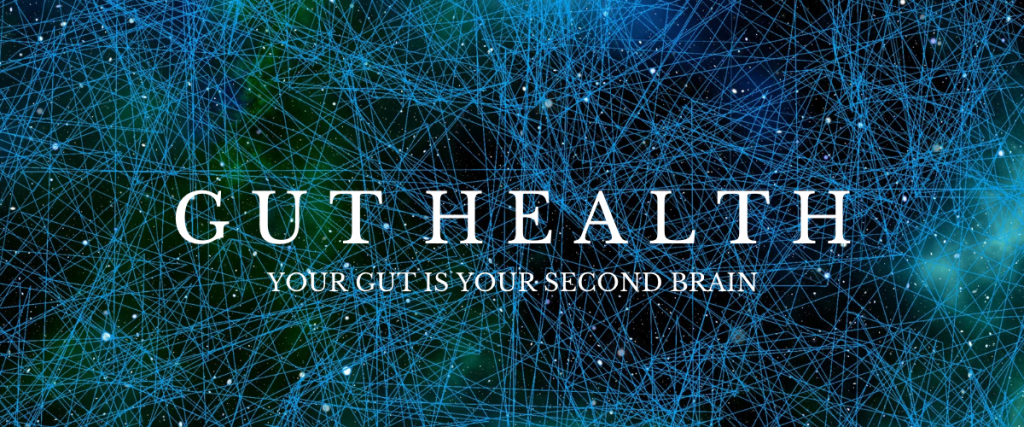Ever had a “GUTfeeling” that turned out to be spot-on? That little flutter in your stomach when something feels off, or the calm certainty that says “this is right”?
That’s not just emotional fluff — it’s science.
Your GUT has a brain of its own. Literally. It’s called the enteric nervous system, and it’s changing how we understand the mind-body connection.
1. The GUT-Brain Axis: A Two-Way Street
The brain and gut are constantly talking via the GUT-brain axis—a bidirectional communication system linking your central nervous system (brain + spinal cord) with your enteric nervous system (in your gut).
• Your gut has about 500 million neurons (yep, similar to a cat’s brain).
• It produces over 90% of your serotonin—the “feel-good” neurotransmitter.
• Your gut can send signals to your brain that influence mood, decision-making, even memory.
Translation: That “feeling in your stomach” isn’t just butterflies. It’s neurobiology in action.
⸻
2. Intuition: The Smart Side of Sensitivity
When people say “trust your gut,” it’s often dismissed as woo-woo advice. But research shows that GUT instincts are often fast, unconscious decisions based on past experiences and subtle environmental cues.
Your gut can pick up on:
• Danger or safety cues before your rational brain catches up
• Emotional vibes in social settings
• Misalignment in choices (ever feel uneasy in a job interview for no reason?)
Your gut’s been paying attention — even when you haven’t.
⸻
3. The Microbiome: Your Internal Powerhouse
Inside your gut lives a thriving ecosystem of trillions of bacteria, called the GUT microbiome. It impacts:
• Immune system
• Mood and mental health
• Weight regulation
• Inflammation and chronic illness
An imbalanced gut = foggy mind, mood swings, and poor decision-making. A healthy gut = clarity, calm, confidence.
⸻
4. How to Strengthen GUT Intuition
• Eat for your gut: Fiber, fermented foods, polyphenols, and probiotics
• Get quiet: Mindfulness helps you hear what your body’s telling you
• Check your stress: Chronic stress disrupts the gut-brain connection
• Honor body signals: That pit in your stomach? Investigate it.
This isn’t just about avoiding bad sushi or tracking bathroom habits. Your gut is wired for wisdom. It’s your second brain. And it’s been trying to talk to you this whole time.
So listen to your GUT— it might just be the smartest part of you.

